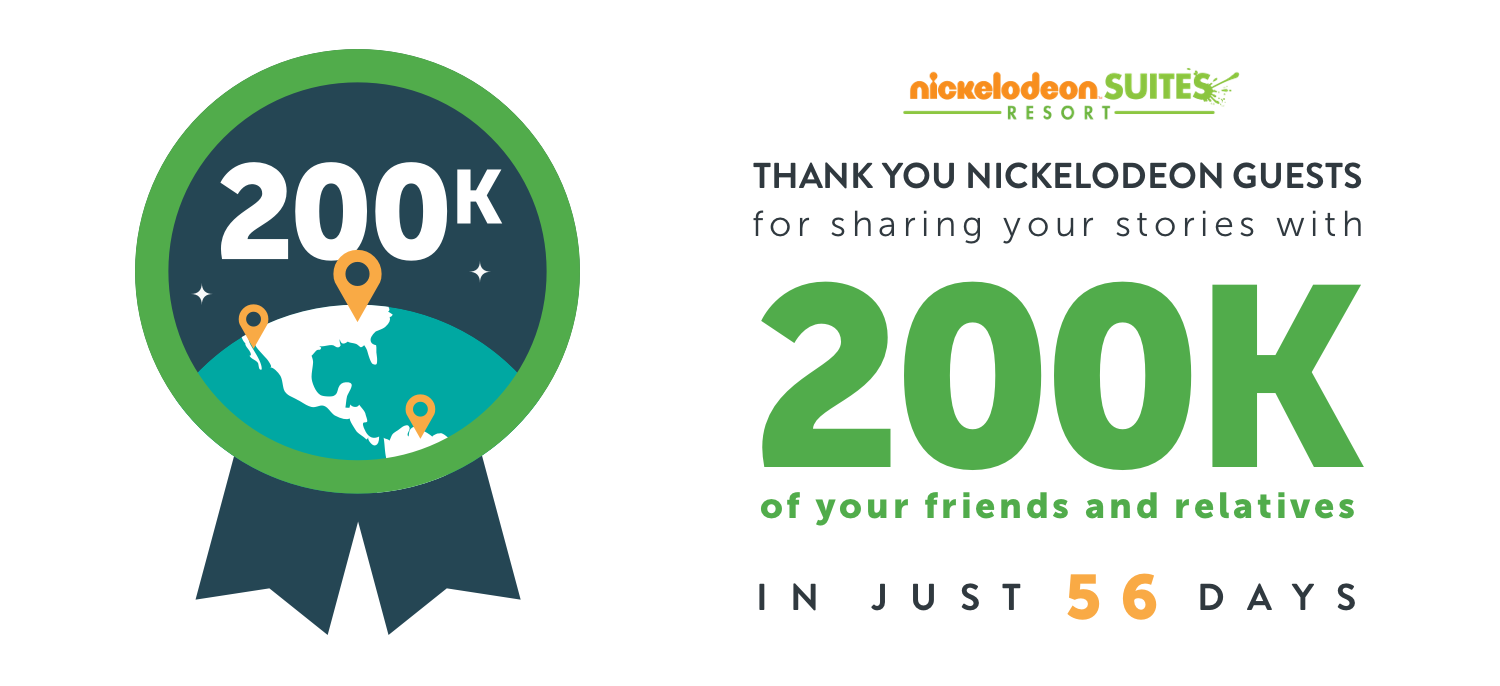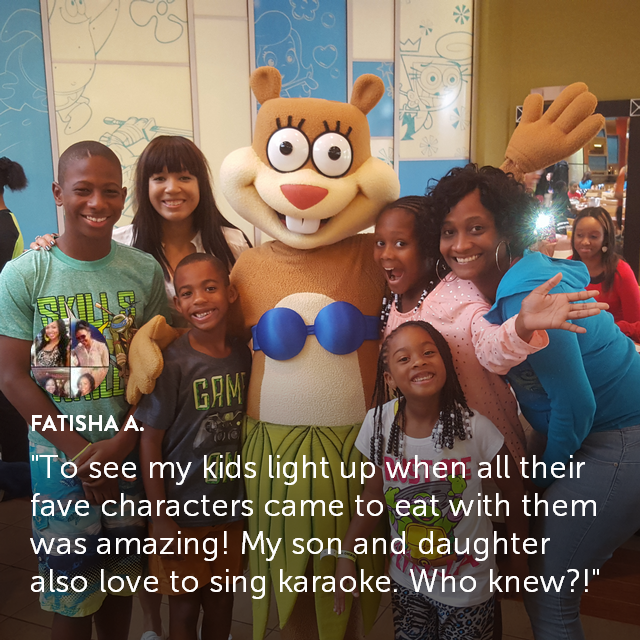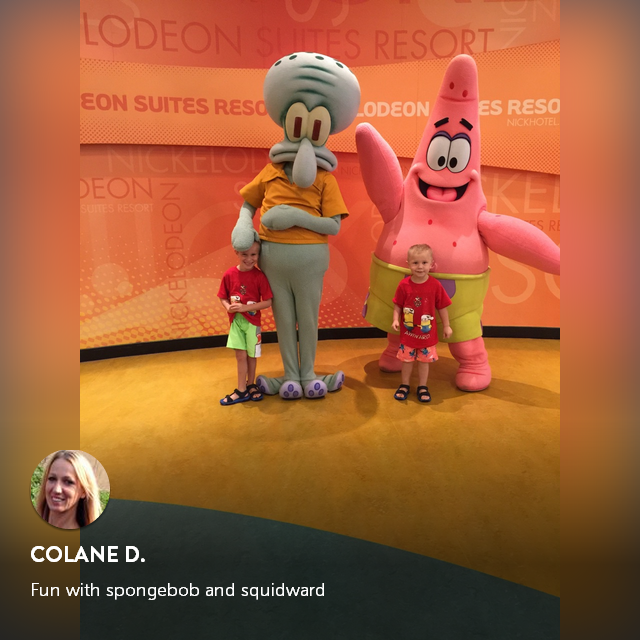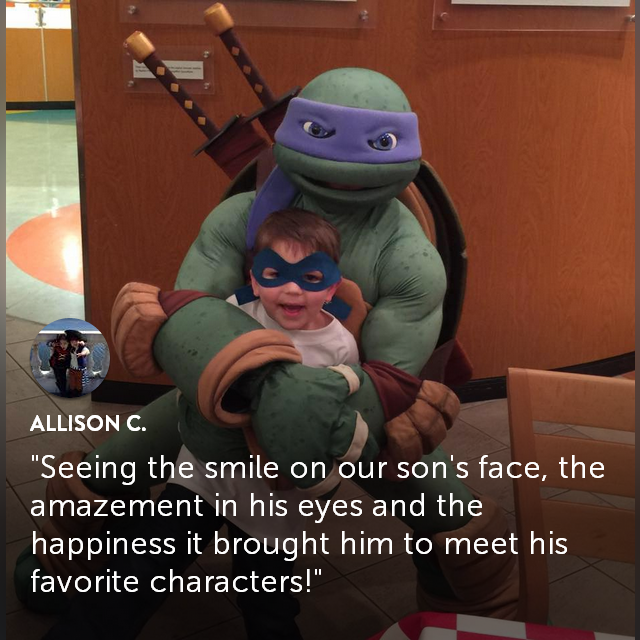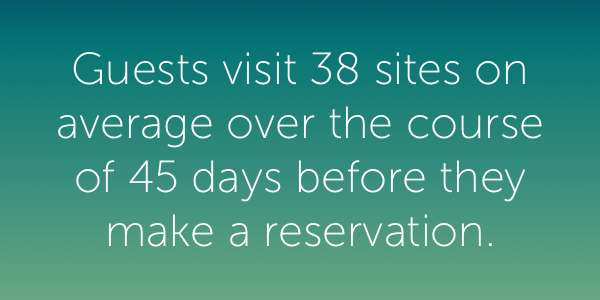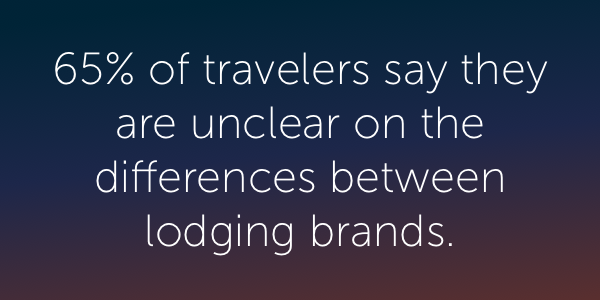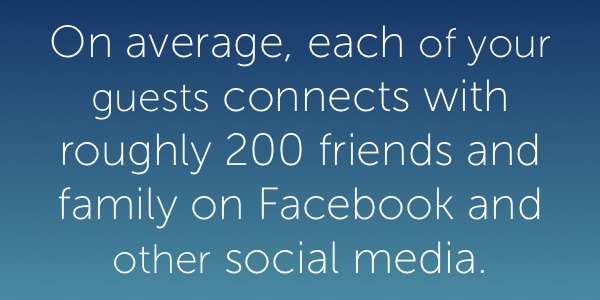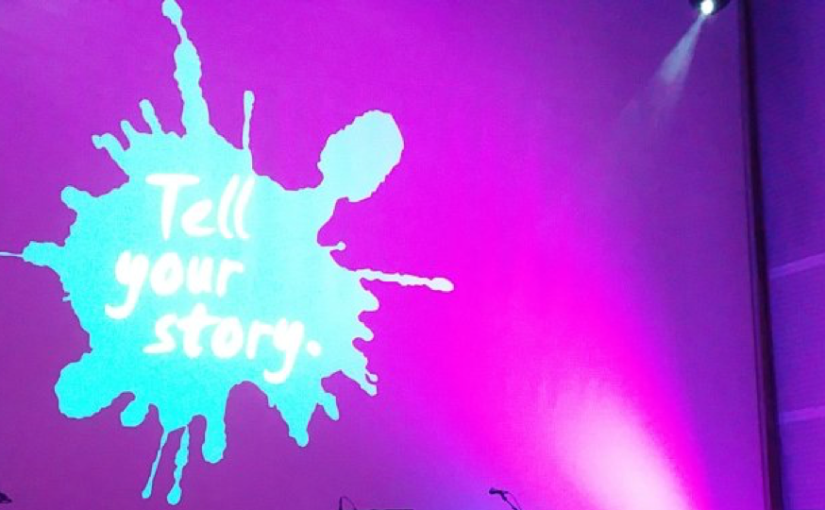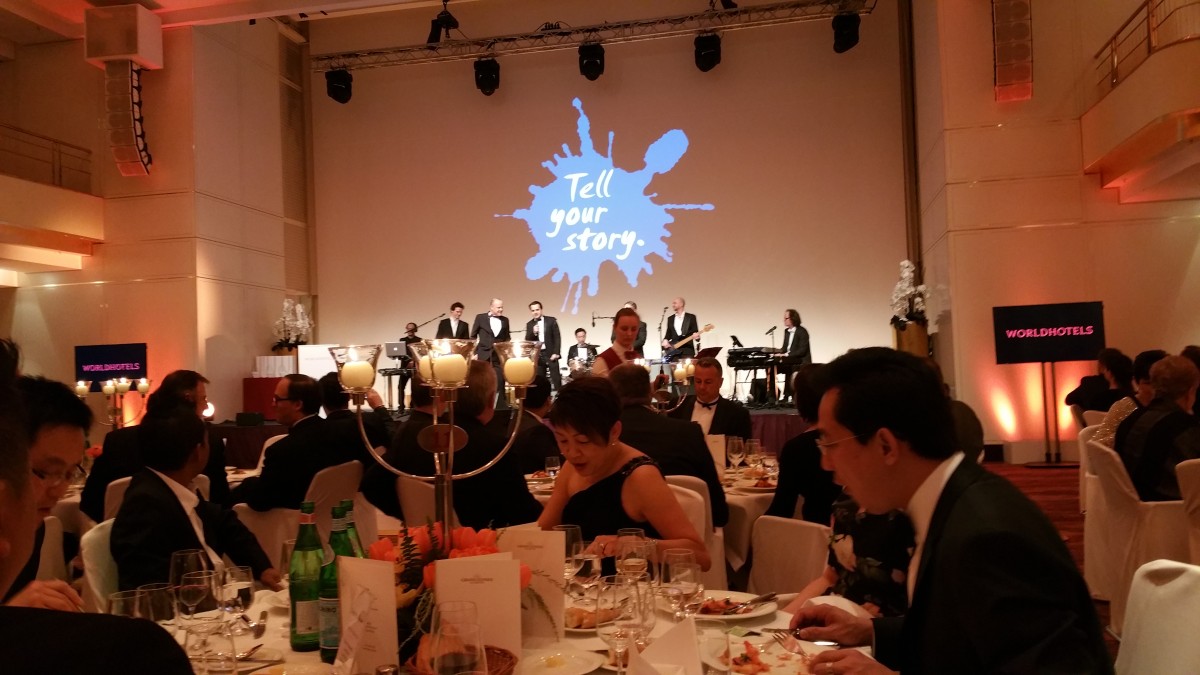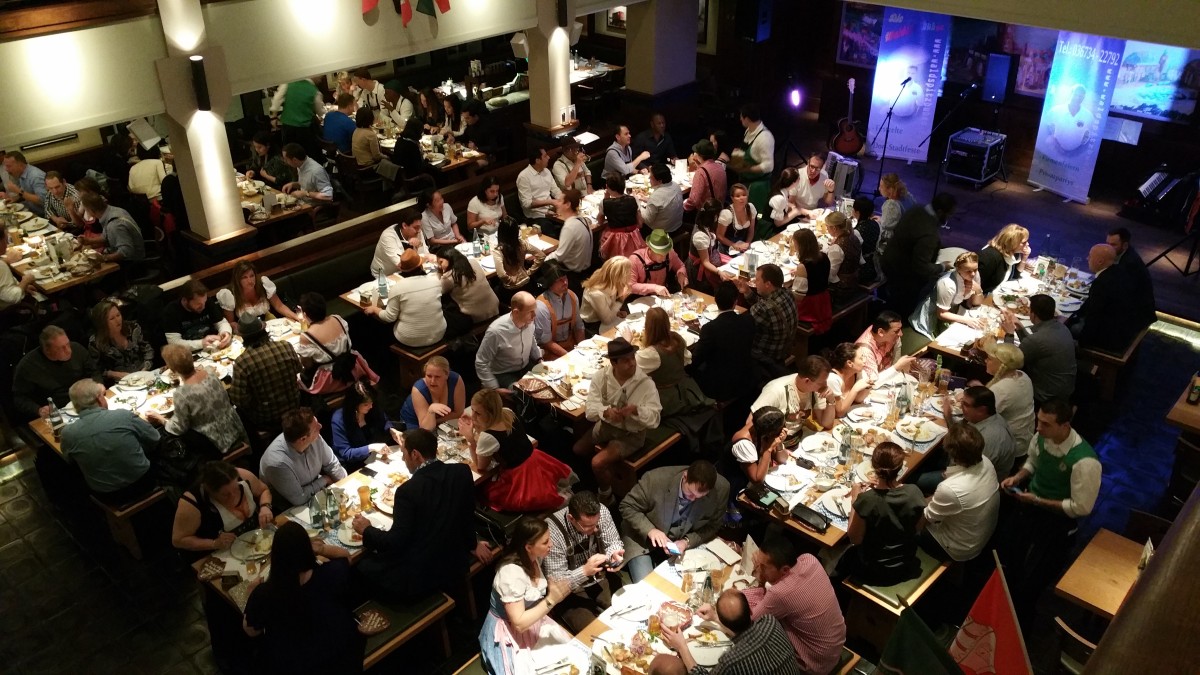At Flip.to, we’re constantly working with people in the industry that inspire us. Here’s a special post from our own team, originally featured by our partner and hospitality leader, NAVIS. Looking to collaborate? Get in touch and let’s do something amazing together.
Experiential travel has taken off. Guests are seeking travel that inspires, and are looking to buy into more than just a place to stay. For hotels, this is a good thing. NAVIS among others has shown that as the desire for the “experiential” grows, so grows the perceived economic value, revealing a big opportunity for increased revenue.
So how do hotels tap into this phenomenon? The key is in truly understanding the guest journey. The path to travel starts well before a guest is ready to book, and the inspiration and research phases are primed for influencing travel decisions.
Once you understand these key phases, you can immediately begin executing a more effective marketing strategy for your hotel. Two tools stand out as a powerful means to an end—stories and data.
Why? Numbers and data provide the unbiased and objective view of what’s going on. Stories on the other hand are real, authentic, and anecdotal experiences. As hotel marketers you have the ability to marry these two concepts for your most powerful hotel marketing yet.
The path to travel—inspiration with stories
An experience shared by a friend. An upcoming anniversary. A wow moment. These are the true triggers that spark interest in travel. From there, the search begins.
So how do you capture a potential traveler here? Inspire them from the beginning.
Not only is this possible, but it’s what future travelers expect—and are willing to pay more for. Reaching and inspiring guests at the right time is critical for hotel marketers who continue to want to generate the most revenue.
This holds even more true when you consider that research from Expedia shows users visit 38 sites before making a travel decision over the course of about 45 days before actually booking. In fact, according to Travel Weekly, travelers are spending 25% more time researching and booking hotels than flights.
This drives home the importance of getting in front of your guests in the beginning, and is the reason stories—especially those from your guests—are hugely powerful in inspiring and influencing future stays. They’re authentic and show real emotion. Stories are more compelling than any ad, both to the friends and family of your past guests and curious on-lookers to your site.
Studies have shown that stories are not only more persuasive, they’re also over 20 times more memorable than facts. The emotional component is not only compelling, but it triggers real curiosity, piquing a user’s interest to explore more.
Using data to determine context
The key for us as hotel marketers? Know what story to tell, and when. And here’s where data comes in.
Know each of your guests to personalize service, and send meaningful marketing communications that enhance the relationship over time. By capturing the right attributes and preferences, you’ll be able to deliver the best message. Choose the right channels based on your demographic, and even complement these efforts by tapping into your guests to distribute content and to introduce you to future travelers.
Let’s look at a quick example.
Google’s 2014 Road to the Traveler’s Decision reported that most families planning travel are undetermined when they begin thinking about their trip. In fact, over 50% were considering multiple destinations or were completely undecided.
What’s this mean? For one thing, family trip planners are a big opportunity for your hotel to inspire travel before the search begins. Start by using data to analyze trends in which your past and potential family travelers stay. Know what appeals to this segment for your hotel, learn preferences and behaviors, and lastly identify a group of potential leads.
Data provides context. You can easily identify and know what to share in order to have the best conversation with this demographic. Authentic stories provide the compelling content.
Together, stories and data will not only let you have the best conversation with your guests, they’ll also help you reach and convert travelers who are truly a fit for your hotel. You’ll build better brand affinity for a lifetime of stays, and will truly be connecting with your guests.



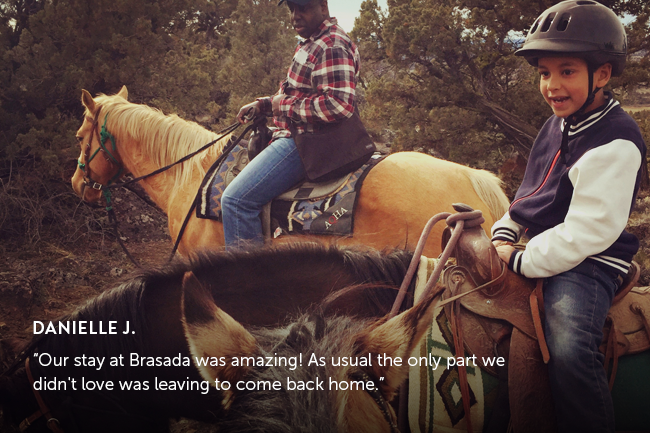
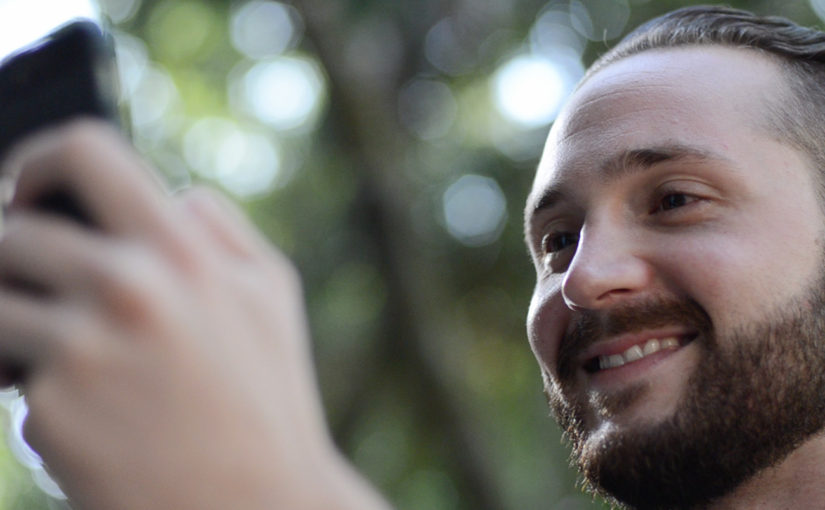

 This year’s
This year’s 
